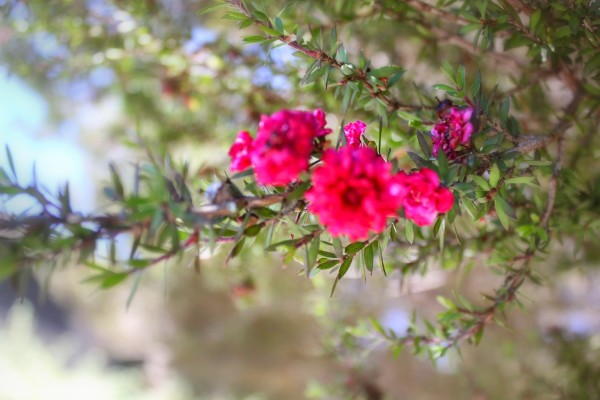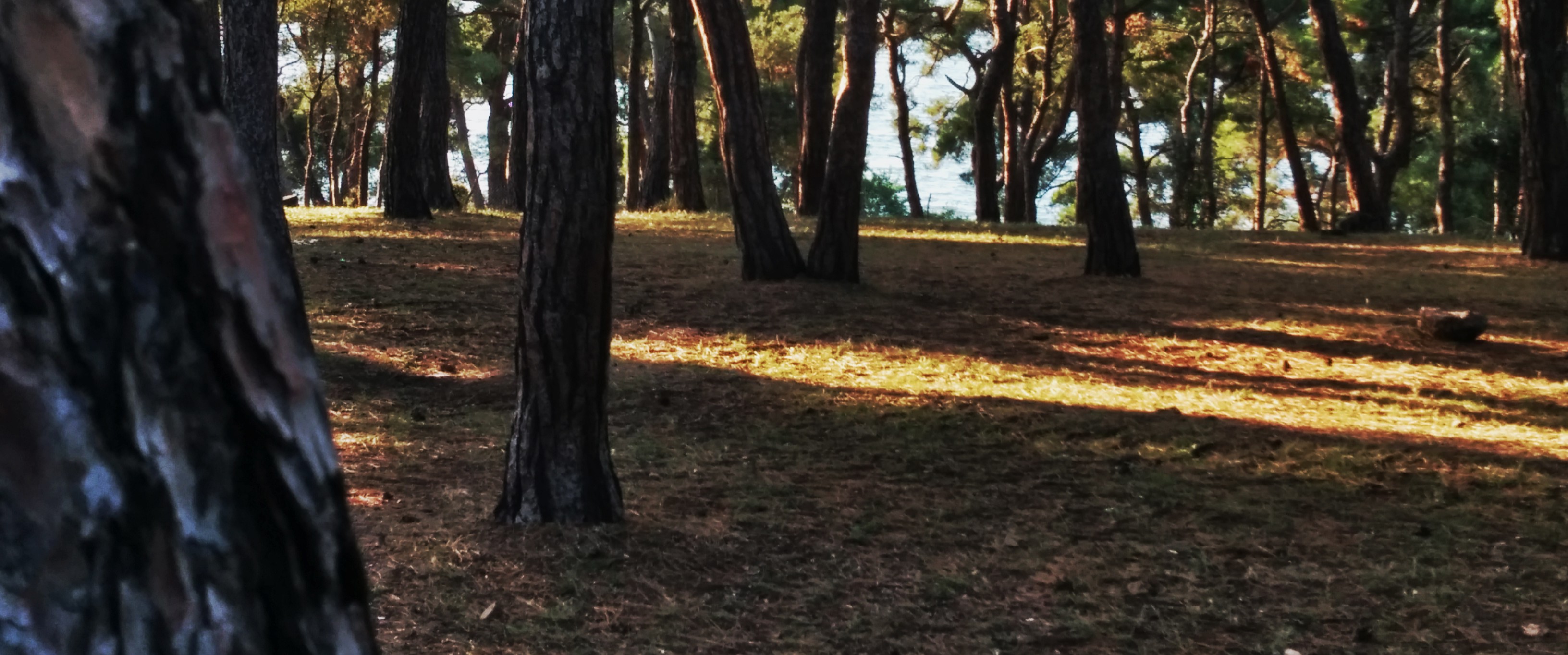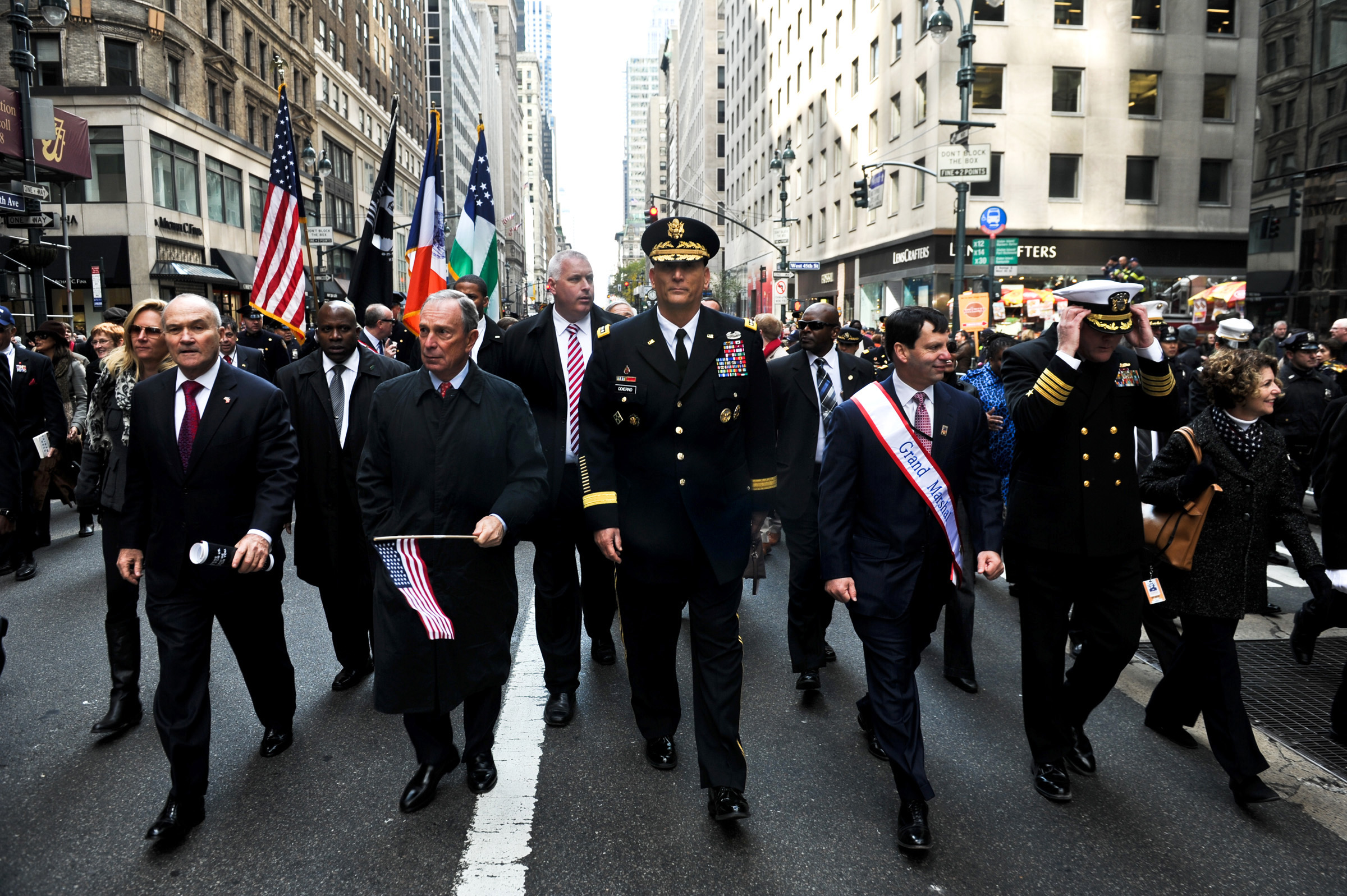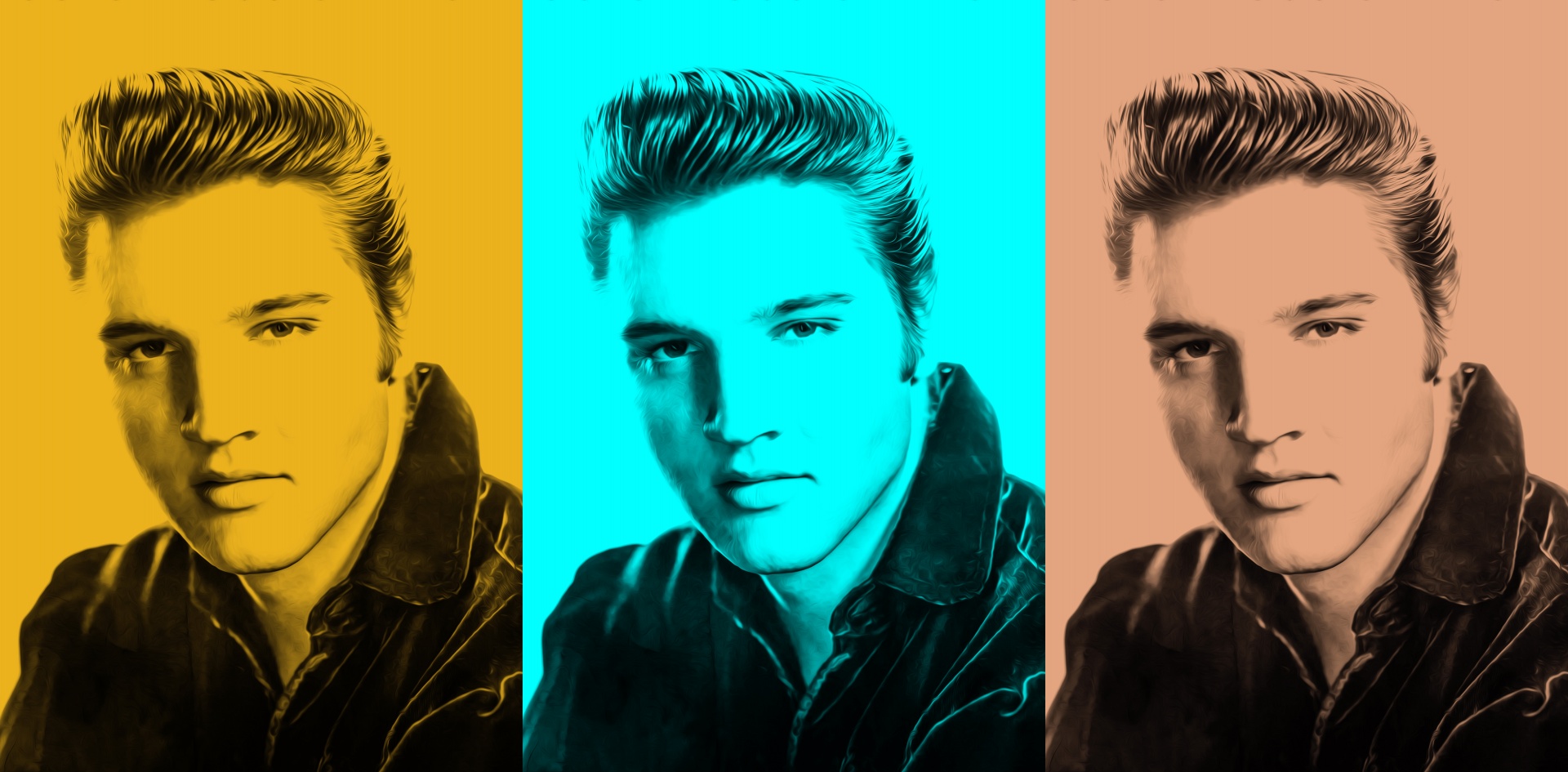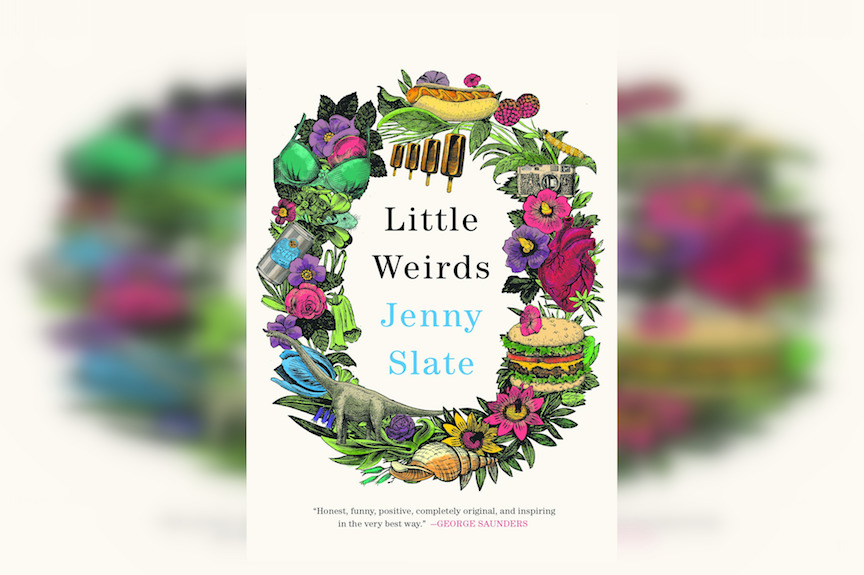I felt damp, the stickiness of sweat on my palms and a drop of it running down my spine. It was March, but we were in Mexico, and the city of Chetumal was too alive to stay indoors. I heard the mix of Mexican street sounds; the sizzling of the grills from the street vendors, the raucous conversation of teenagers and couples walking down the street, the funny fiesta song that a bus covered with sparkling lights played from a loudspeaker as it drove down the street. I saw people everywhere, and not just people standing or walking or buying a bottle of water, but people together, mashed up, touching, hugging, jabbing, people communing with each other as if the idea of personal space had not yet been invented.
Robert and I had been living one country away for the past month. We’d taken a four-hour bus from Belize to stay here in Chetumal for the weekend. We were both in medical internships in Belize, and were struck by how small and isolated our town was. I couldn’t speak Spanish well, just conversationally, and I was used to having perfunctory conversations with the patients in a broken version of a language I didn’t quite get. I wasn’t learning how to ask patient’s names or where they were from, I was learning how to tell them their blood pressure was too high and their glucose levels were deadly.
When we crossed the border into Mexico, we were bombarded by the sensory explosion that separated Mexico from Belize. In Belize, Robert and I were noticeable everywhere. We were American, he was white, I was Asian, we were young, and I was female; there were so many reasons that we were singled out there. In Mexico, we had melted easily into the crowd, our tanned skin and youthful excitement eaten up by the crowded sidewalks.
We had spent the day at Bacalar lagoon, a waterfront spot where local families brought Tupperware containers of ceviche and bought beers from the vendors and walked up and down the sand as water splashed their legs. Small children splashed into the water and teenagers sat lazily on the banks. The outward expressions of fun and excitement were energizing, and Robert commented, “I don’t think this many people even live in San Ignacio.” When the sun fell and the light dwindled, the heat stayed, hanging over our bodies in a muggy haze.
We walked up and down the street, stopping to buy things to eat and drink. We stopped at one of the many silver trucks where they sliced marinated pork al pastor off a spit and arranged it in tiny circular tortillas. We bought elote, Mexican corn in a cup with cheese and cream, and cold bottled beers with fat limes hanging off the rim. We were feeling buzzy, not from the beer, but from all the commotion. I saw it first; bright lights from down a winding curve, the glint of something extravagant. As we grew closer I heard the elegance of classical music, and saw the outline of a large stage.
We turned a corner and were dazzled by the images we saw; a large outdoor stage with a velvet curtain drawn back, a sparkling black backdrop that seemed to hang from the night sky, a few hundred folding chairs filling in the lawn. I counted eighteen in the procession of ballerinas gliding across the stage with white tulle wrapped around slender waists. The stillness in the large audience was something I hadn’t come across in weeks; they sat with ankles crossed, hands folded, and eyes alert, silently watching the performance. Someone handed me a flier, and I saw that it was the Cuban National Ballet, in town to perform Giselle.
There were no seats left, so we crossed our legs and sat in the stiff browning grass. The hypnotic performance left the crowd speechless, silent and obedient at the mercy of the dancers. The music swelled. The dancers onstage were indistinguishable but for one; they wore off-the-shoulder white dresses with white flowers embroidered along the chest and long tulle skirts that reached just above their ankles, showing off the satin ties of their pale pink pointe shoes. Their dark hair was fastened at the nape of each neck and they wore white flowers encircling their heads like halos. They moved as one, with arms poised in half-circles above their head or in front of their chest, and it was calming to see so many people in tune and in rhythm. Robert was sitting still, his beer undrunk in his fist, and his eyes on the stage. Robert, a twenty-something Midwestern college student, someone who was only silent in front of a football game. Yet here he was, crouched before a stage, lulled by the ballet.
As the music slowed, the girls fluttered into a contortion of various poses toward the back, and now could I fully see how different Giselle’s white dress was from the others. There were no flowers dressing her shoulders, no halo around her head. Her dress was simpler, pure white with no need of decoration, her hair a braid twisted into a bun.With her head down toward her pointed feet and her hands crossed by her heart, she exuded quiet pain from her body and her face, and I tried to remember what Giselle was about. From my elementary ballet education, all I could recall was that I thought Giselle had a broken heart. It was both what I thought I remembered and what I knew that I saw. She moved into her number slowly, her movements full of purpose but weighed down by emotion. I turned to see the rows of enraptured faces stunted in silence, and up ahead I could still see the glow of the bright yellow lights from the street vendors and faintly hear the young people laughing and yelling Salud! But like everyone else, I couldn’t think of anything other than the girl with the broken heart. I wouldn’t have been able to ask them in their native language – but I knew. It wasn’t where I would have expected to find understanding in Central America, but there I was, wearing denim shorts in the grass, watching a pirouette mesmerize a lawn full of lovers, and I finally felt a part of something, even if it did come from heartbreak.
—
Kyle Lucia Wu is currently pursuing her MFA in fiction at The New School. Her writing has appeared in Bird’s Thumb, The Ink & Code, and Interview Magazine. She lives in Brooklyn, and is working on a collection of short stories.
